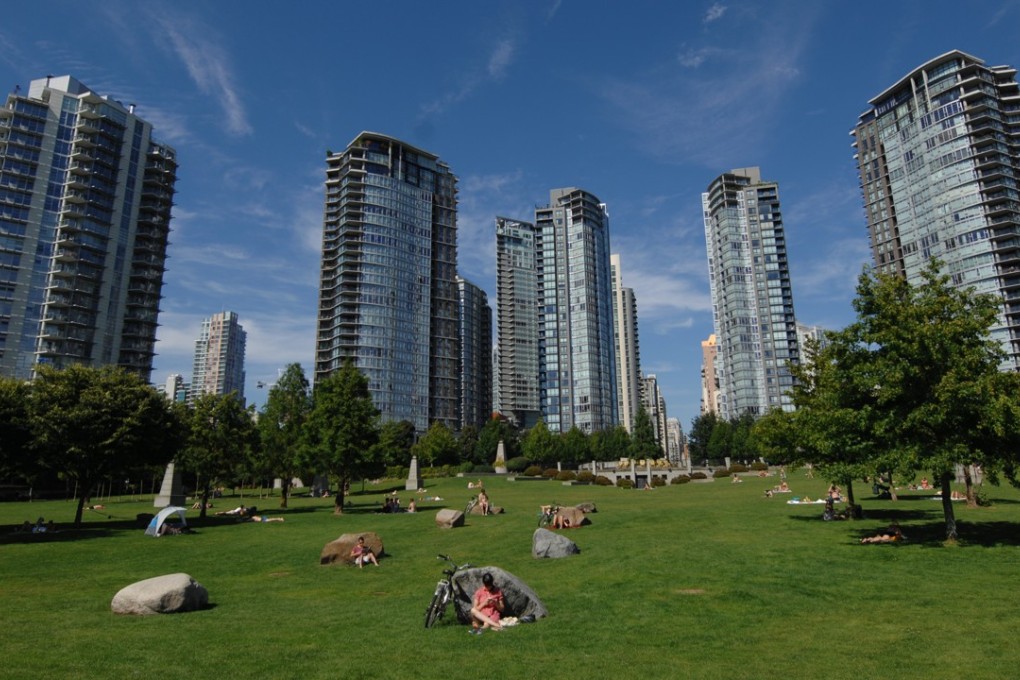Opinion | Call of Canada: why Hongkongers are leaving for a second time
Albert Cheng says the growing number of people who are making the move West – including a sizeable group leaving Hong Kong a second time – go in search of better opportunities, more affordable housing and better education

As the emigrants are mostly well-educated middle-class professionals, we should be worried that the city is losing talent.
Are we now seeing a second wave of emigration, following the exodus in the 1980s and early 1990s, before Hong Kong’s return to Chinese sovereignty in 1997? Not quite.
But I believe we are seeing the re-emigration of the first wave of migrants – Hongkongers who left for Canada then returned to Hong Kong, but are now going back to Canada again.
An estimated 300,000 people living in Hong Kong hold Canadian passports. They include those who were born in Hong Kong to parents with Canadian citizenship.
Anecdotally, it seems, more of them are now returning to Canada. A report from two years ago estimated that at least 10 per cent of the Hong Kong Chinese diaspora are moving back to Canada. This means that at least 30,000 people are leaving, or have left, Hong Kong for Toronto and Vancouver, the two Canadian cities that draw the most Chinese immigrants.
